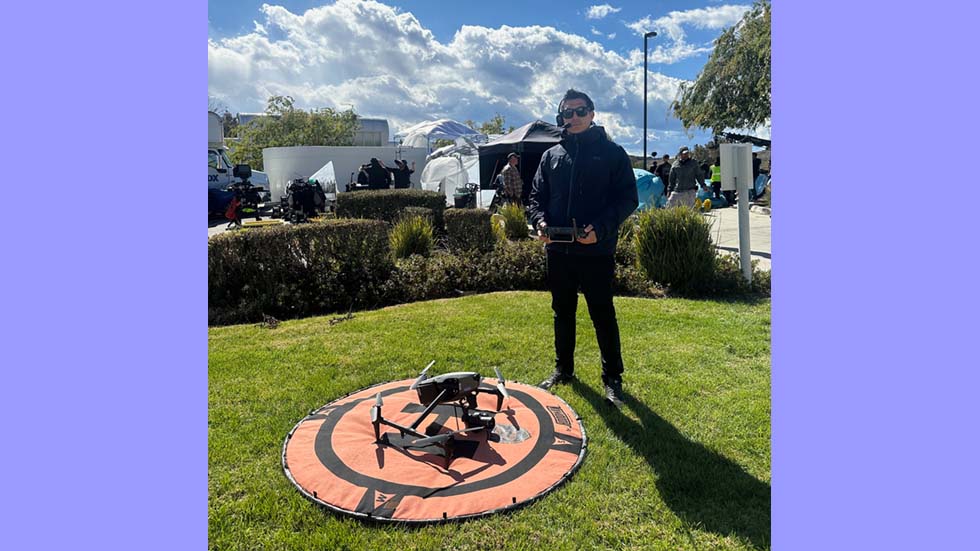Measuring spectrum
Sens. John Kerry and Olympia Snowe have introduced a new version of last year's spectrum inventory legislation. The new bill, S. 3610, entitled the “Spectrum Measurement and Policy Reform Act,” was put in the hopper in mid-July. According to Kerry, the legislation “tasks the FCC and the National Telecommunications and Information Administration (NTIA) to perform much needed spectrum measurements to determine actual usage and occupancy rates” — in other words, much of what last year's version did.
But the new bill contains two provisions that have ominous implications for TV broadcasters. The bill calls for the sharing of spectrum auction proceeds — a harbinger of broadband-induced spectrum “repurposing” or seizure of over-the-air TV spectrum. And just as ominously, it proposes annual spectrum fees.
The proposed law
On page 17, in Section 6(b)(2) of S. 3610, there are proposed amendments to the Communications Act to include the following provisions:
- Auction revenue sharing planNotwithstanding subparagraph (A), if the commission determines that it is consistent with the public interest in utilization of the spectrum for a licensee to relinquish some or all of its licensed spectrum usage rights in order to permit the assignment of new initial licenses or the allocation of spectrum for unlicensed use subject to new service rules, the proceeds from the use of a competitive bidding system under this subsection may be shared, in an amount or percentage determined in the discretion of the commission, with any licensee who agreed to participate in relinquishing such auction usage rights. (My emphasis added.)
- Spectrum licensee feeIn general, the commission shall have the authority to assess and collect from each licensee an annual fee for the spectrum assigned to such licensee that is based on the fair market commercial value of that spectrum and the public interest of the service the spectrum is being used for, using a methodology adopted by the commission, after providing notice and opportunity for public comment.
TV spectrum grab
The FCC's National Broadband Plan makes it clear that the agency would like to repurpose (seize) some 120MHz of spectrum from TV broadcasters and auction it off for mobile broadband use. To cushion the blow for broadcasters, the commission suggested that it might be willing to share a portion of the auction proceeds realized from sales of their spectrum. At this point, however, the FCC has no the authority to share the proceeds with anyone. The new legislation sponsored by Kerry and Snowe would provide that authority.
The bill would give the FCC complete discretion to dole out as much — or as little — of the auction proceeds as it sees fit. This and exactly who would be eligible to receive such proceeds would be worked out in an implementing rulemaking proceeding.
Get the TV Tech Newsletter
The professional video industry's #1 source for news, trends and product and tech information. Sign up below.
Spectrum fees
Unlike the annual regulatory fee that all FCC licensees already pay, which is based on covering the costs of the FCC's operations, a new spectrum fee would be imposed. This new fee would be calculated based on the “fair market value” of the licensed spectrum and the public interest value of the service using the spectrum. The FCC would determine both the fair market value and what the public interest values are.
While broadcasters can always make a strong argument about the value of the public service they provide, the problem is that the commission looks at broadcasting as an outmoded technology that needs to step aside for broadband. So, for instance, the FCC could conclude that broadband outweighs broadcast in terms of the public good and then set the value of broadcast spectrum using its perceived value to broadband providers. This could lead to confiscatory spectrum fees that could price broadcasters out of the market for their own spectrum.
Harry C. Martin is a member of Fletcher, Heald and Hildreth, PLC.
Dateline
- Noncommercial TV stations in Alaska, Hawaii, Oregon, Washington and the Pacific Islands must file their biennial ownership reports by Oct. 1.
- By Oct. 1, TV and Class A TV stations in the following locations must place their EEO public file reports in their files and post them on their websites: Alaska, Florida, Hawaii, Iowa, Missouri, Oregon, Puerto Rico, Washington, the Pacific Islands and the Virgin Islands.
- Oct. 1 is the deadline for TV stations in Alaska, Hawaii, Oregon, Washington and the Pacific Islands to electronically file their broadcast EEO midterm reports (Form 397) with the FCC.
Send questions and comments to: harry.martin@penton.com
